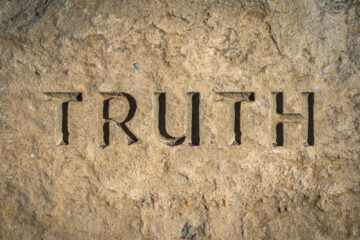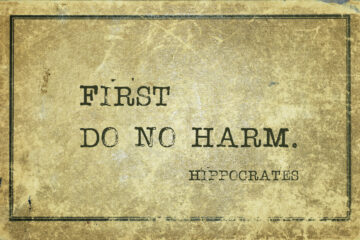In the Gospel of Matthew, Jesus said: “You are the light of the world. A city that is set on a hill cannot be hid.” Jesus was speaking generally of His followers’ special citizenship in a government headed by Christ that will shine throughout eternity. But there are also temporal implications from Jesus’ proclamation for present day Christianity.
As Americans, we trace much of our sense of nationalism back to an early pilgrimage in 1630 when a fleet of eleven ships sailed from England led by the flagship called Arbella. On board this ship was an evangelist chosen to be the governor of the new Massachusetts Bay Colony, John Winthrop.
Before setting foot in the New World, Winthrop preached a sermon called “A Model of Christian Charity.” In his sermon, Winthrop said: “We must consider that we shall be as a city upon a hill.” His reference to the Great Sermon was not accidental, but intentional. Those on board, all of whom were studied in the Word, were reminded of their great responsibility to all other peoples then living and to history and to the future. They were not merely running from religious persecution, but were ordained to spread the great message of the Gospel and bring freedom to the New World.
John F. Kennedy, years later, on the eve of his inauguration as President echoed this same refrain in a speech he gave before the Massachusetts General Assembly:
“I have been guided by the standard of John Winthrop set before his shipmates on the flagship Arbella three hundred and thirty-one years ago, as they, too, faced the task of building a new government on a perilous frontier. “We must always consider,” he said, “that we shall be as a city upon a hill – the eyes of all people are upon us.”
Kennedy drove his point home when he concluded with the words of Jesus from the Gospel of Luke: “Of them to whom much is given, much will be required.”
This notion that as a follower of Christ, and as a citizen in this shining city upon a hill, I am vested with not only its benefits, but also share in its responsibilities, has shaped my view of the practice of law. It has a very practical application. It means that I am inescapably burdened with the responsibility to help others. It also means that I should view my vocation as an opportunity not just to argue lofty precepts in court, but to spread the great message of freedom borne out of the Gospel, and, when led, to offer my services to those who may be unable to afford good, legal representation.
I have a painting in the lobby of my law office that I commissioned years ago from a Russian artist called “Refugees”. It depicts a ship that just made shore in the New World. Standing on the sea bank is a minister clutching a Bible as he gathers his family around him and looks toward heaven. It serves as a daily reminder to me of my calling and purpose.
As Christians, we should never view our freedom as a reason for vainglory, but as a great commission to service. This is not a new concept; it is bedrock to God’s relationship with His people. In Genesis, chapter 12, God speaking to Abraham said that he will use him to bring the nation of Israel into being, but he makes clear that the point of it is so that Israel will “be a blessing to others”.
Eric Metaxas writes in his splendid book, If You Can Keep It, an encouraging, but strident reminder that we in America have been blessed of God with a unique role as a “nation of nations”. But, as Metaxas warns, we stand in danger of losing this role if we forget the obligation entrusted to us by our founders. I would take his admonition one step further. Our obligation of benevolence and service to others was not bestowed merely by our founders, but our founders’ God.
Larry L. Crain, Crain Law Group, PLLC – [email protected]














